By Jeremy Appel, Local Journalism Initiative Reporter
(ANNews) – A proposed K-4 social studies curriculum update from a government-appointed panel is being condemned by Indigenous leaders and education experts for removing all references to residential schools.
It also suggests children study Bible verses about creation as poetry as early as Grade 1 and learn that most non-white Albertans are Christian in Grade 4.
Sen. Murray Sinclair, who previously chaired the federal commission into residential schools, told the Globe and Mail that accepting these proposals would be a “terrible mistake” and “an act of discrimination against the Indigenous people” that will create a “wall of mythology” around Indigenous issues.
“It would be, in fact, a continuation of the white supremacy which the residential schools and the public schools have historically perpetrated against the Indigenous people of this country,” he added. “And we should call it what it is and we should fight it when we can.”
The panel calls for residential schools to be taught to students when they’re older and “less vulnerable to traumatic material,” but only as one example of “harsh schooling” that “applied only to a minority of Indigenous children,” rather than an act of genocide.
However, the curriculum panel proposes that young children learn about Julius Ceasar’s assassination, the battles of the Middle Ages and slavery in the Ottoman Empire.
“We’re not asking them to start holding up bloody pictures and demanding that they cry,” said Sinclair. “What we’re saying is, talk about it from the perspective of children. Talk about it in ways that they can understand, that they can utilize. It can easily be done.”
And Sinclair was far from alone in his harsh criticism of the panel.
Yvonne Poitras Pratt, director of Indigenous education at the University of Calgary’s Werklund School of Education, says children’s formative years are precisely when they should be learning about residential schools.
“That’s where we can start asking our students to be critical thinkers. To think about what actually is racism, where do we get these stereotyped assumptions from, what happened to a group of people to make them react in a certain way — and I’m talking about non-Indigenous as well as Indigenous people.”
Melissa Purcell, the Alberta Teachers Association’s executive staff officer of professional development for Indigenous education, says the panel’s proposals will have the effect of erasing Indigenous perspectives.
“The recommendations perpetuate systemic racism through whitewashing of the draft curriculum.” Purcell, who is a member of Smith’s Landing First Nation, said in a statement. “These recommendations cannot be taken seriously and must be rejected outright.”
One of the panel members was Chris Champion, whose appointment was particularly controversial because he has previously called the push to include more Indigenous perspectives in the curriculum an “ongoing fad” and “deplorable agitprop … which brainwashes children.”
Champion previously worked for Premier Jason Kenney in Ottawa when he was a cabinet minister in the government of former prime minister Stephen Harper.
University of Alberta education professor Dwayne Donald, who belongs to the Papaschase Cree Nation, says it’s unacceptable to have “these kinds of experts” involved in the curriculum writing process.
“Those documents are racist,” he said bluntly. “It makes me feel sick, actually, that we’re at this point.”
Patrick McCormack, a Natives Studies professor at the University of Alberta who was brought on board the panel last year as a response to criticism of its lack of diversity, said he hasn’t seen any drafts.
NDP Indigenous relations critic Richard Feehan called on the government to engage with Indigenous voices to include their narratives.
“Extreme right-wing racist viewpoints that suggest that Indigenous people are somehow steeped in victimhood or that talking about Indigenous histories and knowledge is just a fad is really unacceptable to us,” said Feehan.
Donald says the recommendations themselves — particularly their emphasis on memorization of facts — are out of touch with scholarship on how children learn. The proposals would have children memorize 36 historical dates by the conclusion of Grade 4.
Learning comes in many different ways, and all that has been flattened in this document … how do you think in creative ways about economic issues, and climate change?” said Donald.
Carla Peck, an education professor at the University of Alberta whose expertise is social studies curricula, called the proposals such a regression “that it would be embarrassing” if adopted. Keith Barton, an expert in social studies curricula and teaching at the University of Indiana, called the recommendations “utter nonsense” that would make the province’s K-4 education system a “laughingstock.”
Donald says these proposals should concern parents of all backgrounds.
“Really, what it does, is it takes the complexity of human experience and everything we’ve learned about teaching and learning, and flattens it,” he told the Red Deer Advocate.
“Children are framed as these empty vessels that need to be filled up with facts and dates. There’s no allowance for understanding children as being pretty intelligent and able to express themselves in multiple ways. None of that is there.”
ATA president Jason Schilling called on the minister to “unequivocally” disavow the panel recommendations and bring teachers back into the curriculum drafting process.
“It is much more clear now why the government ended the agreement with the ATA last summer to work together on curriculum: teachers would not support this direction for curriculum,” Schilling said.
For the government’s part, Education Minister Adriana LaGrange says that teaching about residential schools, and other facets of First Nations, Métis and Inuit history, are “non-negotiable.” However, she wouldn’t say in which grade that would start.
“Advice is advice — it’s not final,” said LaGrange, who also acknowledged some of the proposals “aren’t even realistic.”
She said a revised draft will go out to working groups composed of hundreds of teachers and pedagogy experts before the end of the year, with the results of their work released public scrutiny in early 2021.
“I can assure you that the final curriculum we develop and approve will be a balanced, thoughtful curriculum, that in social studies informs civic and cultural literacy … providing young Albertans with the knowledge they need to make their own judgments, particularly on historical matters,” Kenney said.

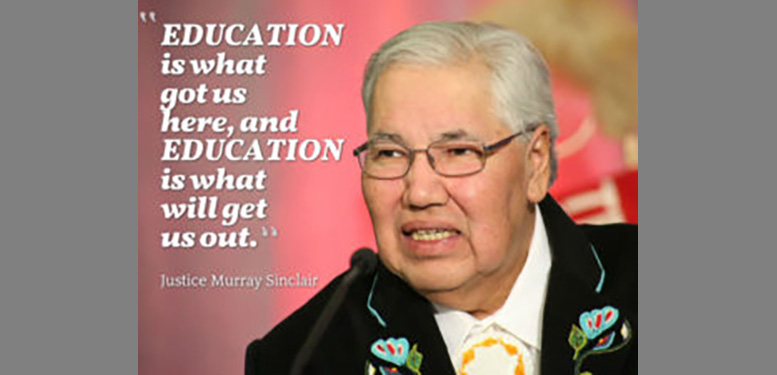

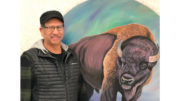
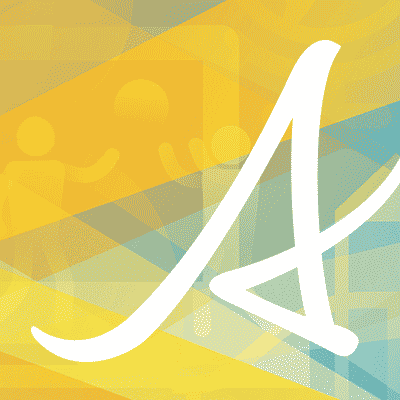
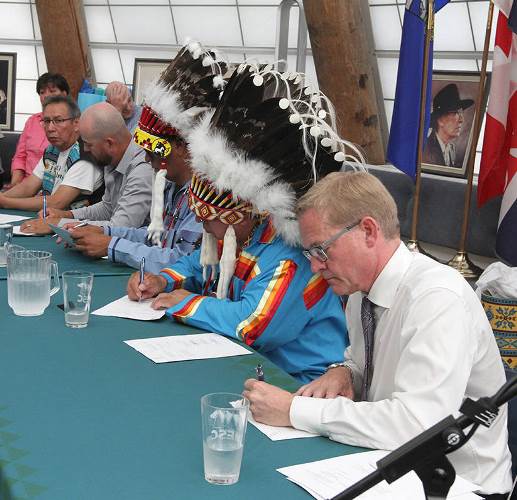
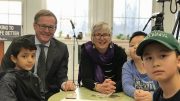
Be the first to comment on "Proposed K-4 Alberta social studies curriculum update denounced by experts as racist"